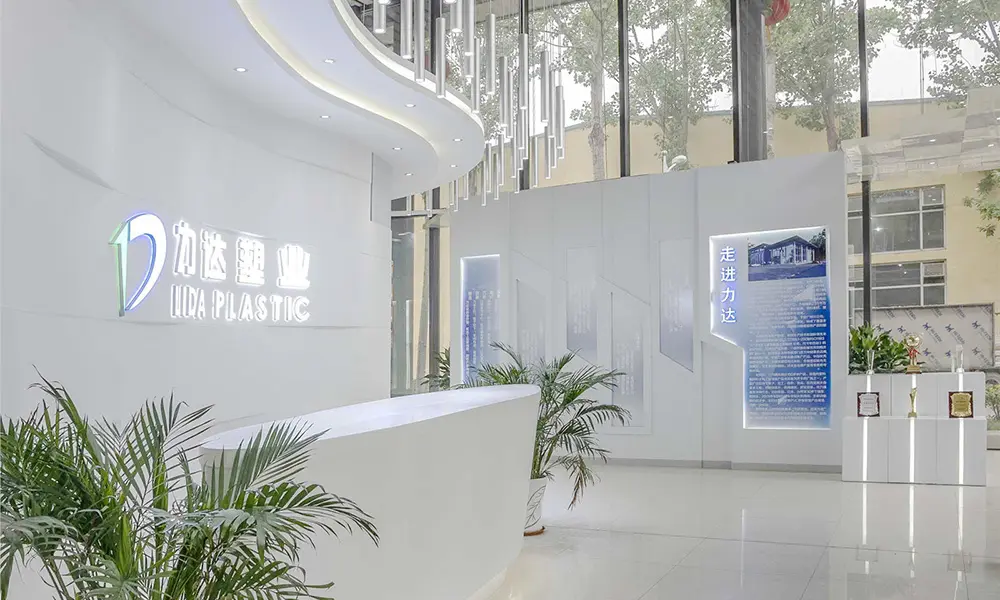Nov . 02, 2024 16:34 Back to list
polypropylene sheet
Understanding Polypropylene Sheets Properties, Applications, and Benefits
Polypropylene, a thermoplastic polymer, has gained significant popularity in various industries due to its unique properties and versatility. Among the many forms in which polypropylene is available, polypropylene sheets stand out, finding applications across multiple sectors. This article will explore the characteristics, uses, and advantages of polypropylene sheets.
Properties of Polypropylene Sheets
Polypropylene sheets are lightweight yet remarkably strong, making them an excellent choice for a range of applications. One of their most noteworthy properties is their resistance to chemicals, which allows them to withstand exposure to acids, bases, and solvents without deteriorating. Additionally, polypropylene has a high melting point, typically around 160°C (320°F), which makes it suitable for applications requiring thermal stability.
Another significant property of polypropylene sheets is their flexibility. They can be easily cut, shaped, and welded, which enhances their usability in various manufacturing processes. Moreover, these sheets are non-toxic and can be recycled, contributing to more sustainable industrial practices.
Applications of Polypropylene Sheets
Polypropylene sheets are used in numerous applications across different fields. In the packaging industry, they are widely employed to create containers, trays, and lids due to their lightweight nature and excellent barrier properties. The automotive industry also utilizes polypropylene sheets for components like door panels and under-the-hood parts, benefiting from their durability and resistance to heat.
polypropylene sheet

In the realm of construction, polypropylene sheets are an essential material for insulation and vapor barriers
. Their moisture resistance helps protect buildings from water damage while providing thermal insulation. Moreover, these sheets are increasingly being used in medical applications, such as in the production of sterile packaging and laboratory equipment, highlighting their clean and safe characteristics.Benefits of Using Polypropylene Sheets
The use of polypropylene sheets brings several advantages to manufacturers and end-users alike. Firstly, their lightweight property translates into reduced shipping costs and easier handling during manufacturing processes. Secondly, their chemical resistance minimizes the need for protective coatings, ultimately decreasing production costs and complexity.
Additionally, the versatility of polypropylene sheets means they can be tailored to specific requirements, including thickness, color, and surface texture. This customization capability allows industries to meet diverse needs without compromising quality.
Furthermore, polypropylene sheets contribute to environmental sustainability. Being recyclable, they reduce landfill waste when disposed of properly, aligning with increasing global trends toward eco-friendliness.
Conclusion
In conclusion, polypropylene sheets represent a highly valuable material in contemporary manufacturing. With their unique combination of strength, flexibility, chemical resistance, and recyclability, they find applications in packaging, automotive, construction, and medical fields, among others. As industries continue to prioritize efficiency and sustainability, the demand for polypropylene sheets is likely to grow, highlighting the importance of understanding their properties and potential applications. Embracing this innovative material can lead to enhanced productivity and more environmentally responsible practices across various sectors.
-
High-Quality PPR Pipes and Fittings Durable ERA PPR & PVC PPR Solutions
NewsJul.08,2025
-
Black HDPE Cutting Board - Durable, Non-Porous & Food Safe HDPE Plastic Cutting Board
NewsJul.08,2025
-
High-Quality CPVC Panel Durable HDPE & PVC Panels Supplier
NewsJul.08,2025
-
Double PE Welding Rod Supplier - High Strength, Durable & Versatile Welding Solutions
NewsJul.07,2025
-
High-Quality PVC-O Pipe Supplier Durable 75mm PVC Pipe & Connections Leading PVC Pipe Company
NewsJul.07,2025
-
HDPE Drainage Pipe Supplier – Durable & Corrosion-Resistant Solutions
NewsJul.06,2025

